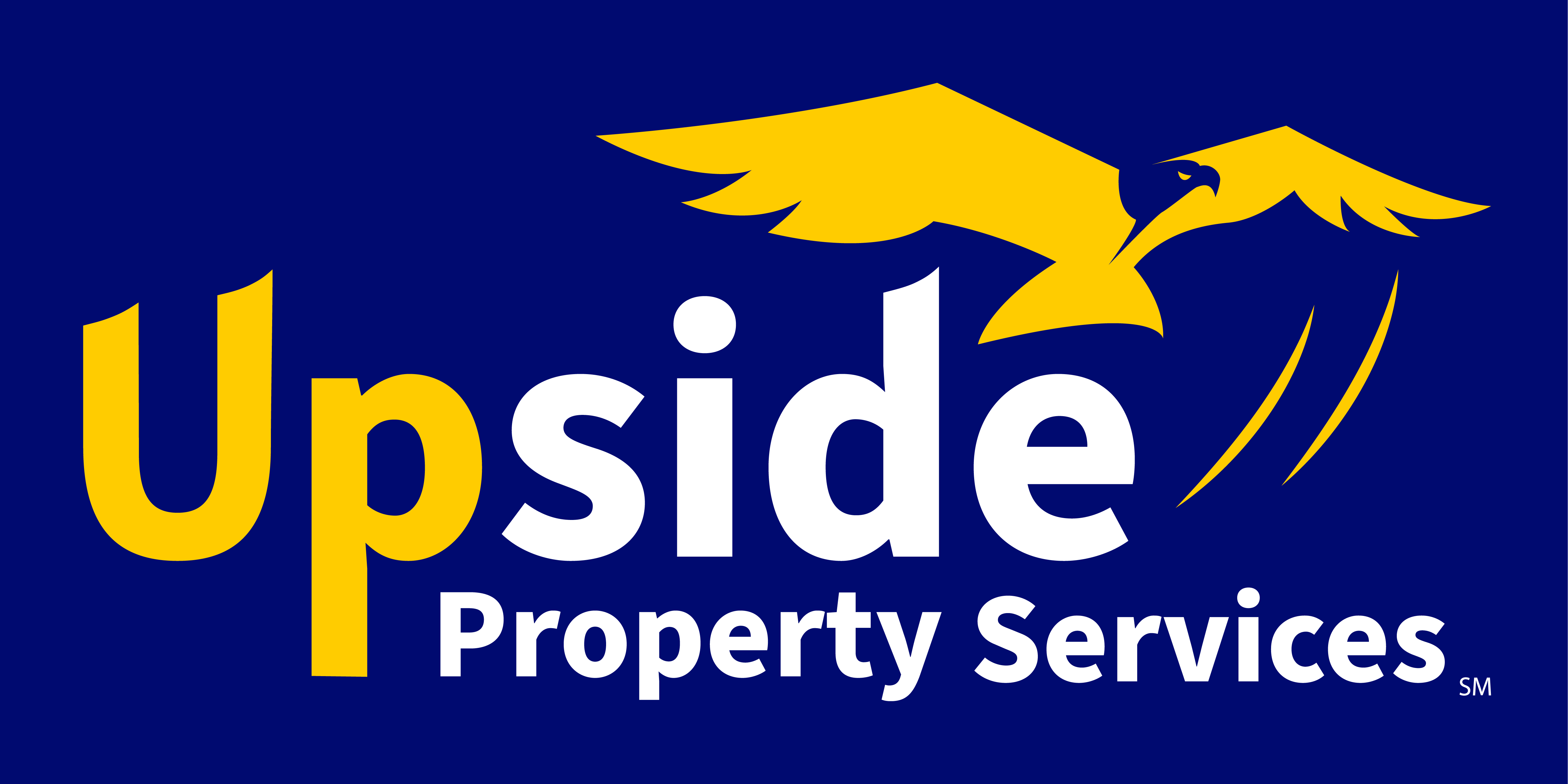Owner financing, also known as seller financing, offers a compelling alternative to traditional mortgages for both buyers and sellers. This flexible approach allows sellers to attract a wider pool of buyers and earn higher returns, while providing buyers with access to properties without relying on banks. However, it’s crucial to understand the tax implications of owner financing before diving in.
Tax Implications for Sellers:
- Tax on Interest Income: The seller must report the interest portion of each payment received from the buyer as ordinary income.
- Capital Gains Tax: When the property is fully paid off, the seller may owe capital gains tax on the difference between the sale price and the original purchase price.
- 1250 Recapture: If the seller has depreciated the property,they may owe additional tax on the depreciation amount.
- Installment Sales Method: Sellers can choose to report the capital gain over the life of the loan, potentially minimizing their tax burden.
Tax Implications for Buyers:
- Interest Deduction: Buyers can deduct the interest portion of their monthly payments on their federal income tax return.
- Property Taxes and Homeowner’s Insurance: Buyers are responsible for paying property taxes and homeowner’s insurance directly.
- Recordkeeping: Buyers should meticulously maintain records of all payments made to the seller, including principal and interest amounts.
Tax Forms and Reporting:
Sellers are required to report interest income on Schedule B of their Form 1040. Capital gains are reported on Schedule D.Buyers can deduct mortgage interest on Schedule A of their Form 1040. It’s recommended to consult with a tax professional to ensure accurate reporting and optimize tax benefits.
Additional Considerations:
- Legal Documentation: A well-drafted owner financing agreement is essential to protect both parties and ensure compliance with tax laws.
- State Tax Implications: Tax laws vary by state, so it’s crucial to understand the specific regulations in your area.
- Seek Professional Guidance: Consulting with a tax advisor can help you navigate the complexities of owner financing and maximize your tax benefits.
Understanding the tax implications of owner financing is crucial for both buyers and sellers. By carefully planning and seeking professional advice, you can ensure a successful and financially rewarding experience with this flexible investment strategy.
Remember: Owner financing can be a beneficial tool for real estate investing, but it’s important to be aware of the tax implications involved. By staying informed and making informed decisions, you can navigate the tax maze and unlock the full potential of this alternative financing method.

